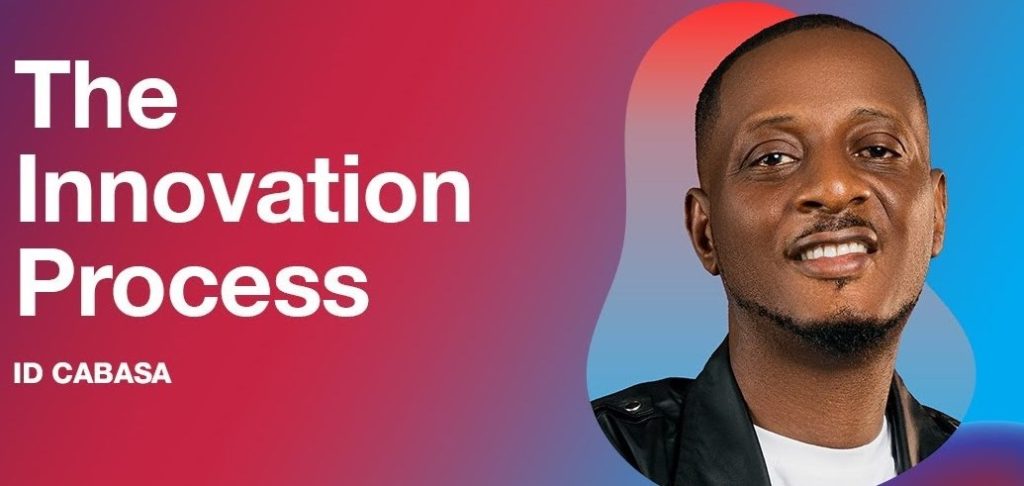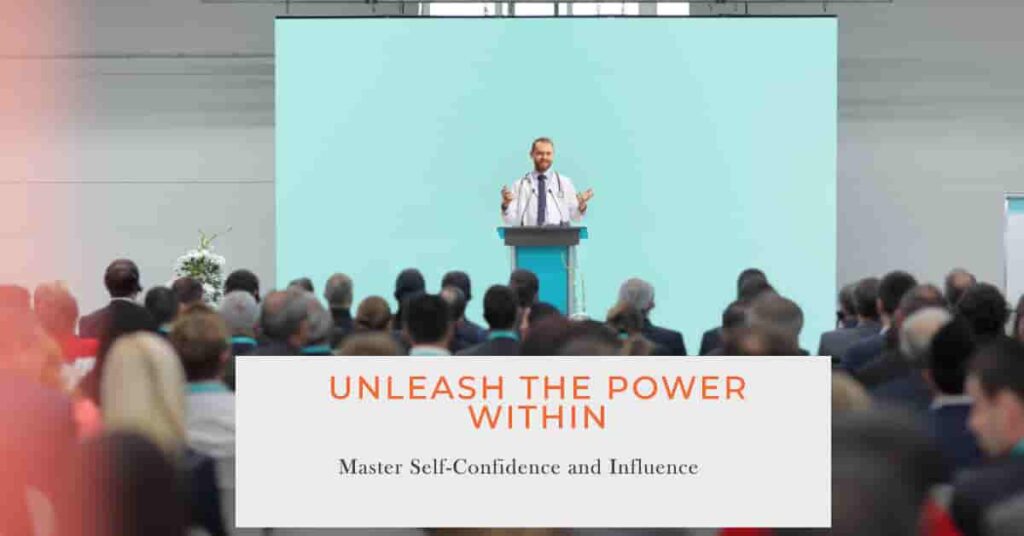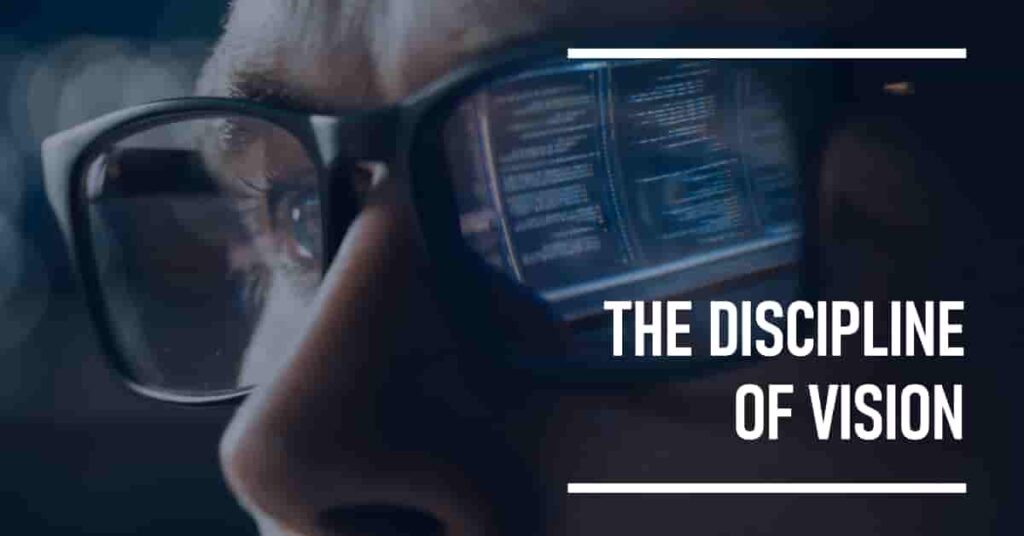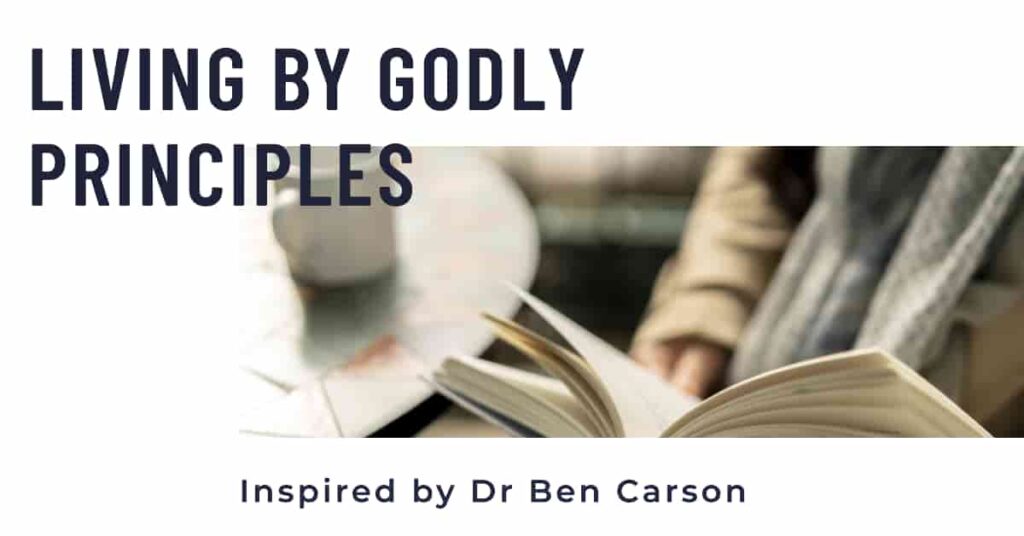SUMMARY OF “INNOVATION PROCESS” – ID CABASA

This summary captures ID Cabasa’s profound insights into creativity and innovation, blending his personal experiences, spiritual grounding and practical advice into a compelling narrative.
Clearer Breakdown of the Key Takeaways
1. Redefining Creativity
- Reimagining, Not Inventing: Cabasa challenges the idea that creativity is about inventing something entirely new. Instead, it’s about reinterpreting and transforming existing ideas. He said “Creativity is not you creating anything new, it’s actually you stealing. But the ability to hide where you are stealing from.”
- Practical Demonstration: He used showed us examples on how the same musical tune can feel fresh when reimagined, which illustrate how patterns and perspectives shape innovation.
2. The Spiritual Lens on Innovation
- Creation as Order from Chaos: Drawing from Biblical principles, he likened creativity to bringing structure and purpose out of disorder.
- Humans as Co-Creators: He highlighted the divine aspect of creativity, he encouraged individuals to see themselves as “co-creators” with unending potential. He said “When God created man, I think he rested, because he has created a co-creator.”
3. Breaking Limiting Beliefs
- Rethinking Pride: Cabasa questioned whether pride is inherently negative and he suggested that it can be a driving force when rightly directed.
- Adapting to Generational Shifts: He emphasized understanding and embracing the “language codes” of younger generations to stay innovative and relevant.
- Overcoming Resistance to Change: A rigid mindset stifles creativity, making flexibility essential for progress.
4. Practical Innovation Strategies
- Look Deeper: Innovation begins with examining problems or ideas from multiple angles to uncover unseen opportunities. “The real magic happens in the third perspective.”
- Master the Pattern: Learn how things work to effectively remix and reimagine them.
- Keep Learning: Stay curious and adaptable, using past experiences as a foundation but not a constraint. “Experience is what has worked. Inspiration is what will work.”
5. Respect for Younger Generations
- Cabasa stressed the importance of valuing fresh perspectives and creating collaborative spaces across generations.
- He discouraged dismissing new ideas solely because they challenge traditional norms.
6. The Intersection of Thought and Faith
- Creativity requires effort and critical thinking, not just prayer or wishful thinking. “It’s easier to say amen than to actually sit down and think.”
- He framed creativity as a deeply spiritual act, bridging divine inspiration with human ingenuity.
Conclusion
Cabasa’s talk was an invitation to:
- Stay Open: Be receptive to new ideas and perspectives.
- Challenge Norms: Push back against outdated ways of thinking.
- Embrace the Journey: View innovation as an ongoing process, not a fixed goal.
Reference
Summarized by Adunmade Emmanuel – 2024.



